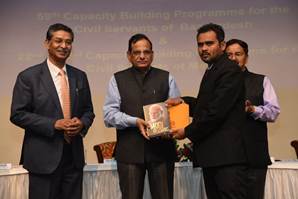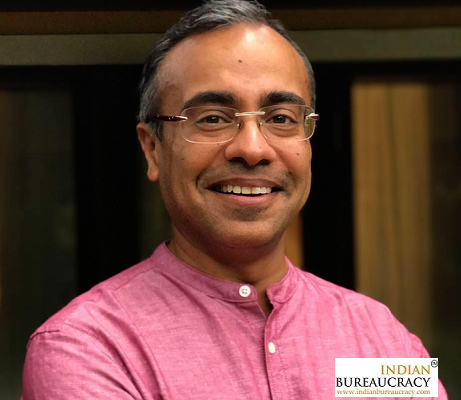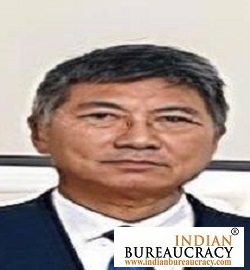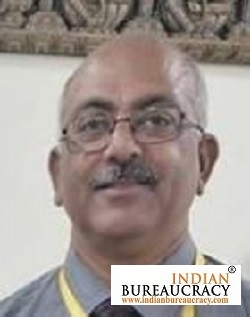The National Centre for Good Governance (NCGG) recently concluded three Capacity Building Programmes (CBPs) for civil servants from Bangladesh and Maldives. The 59th batch with 45 participants from Bangladesh and the 22nd and 23rd batches with 50 participants from Maldives attended the programs held in New Delhi. The Joint Valedictory Session was graced by Dr. V. K. Paul, Member (Health) of NITI Aayog, as the Chief Guest, and Shri Bharat Lal, Director General of NCGG, as the Guest of Honour.
During the Valedictory Session, Dr. Paul highlighted the shared history, culture, democratic values, and commitment to creating a welfare state among the three countries. He mentioned the transformative changes taking place in India under the leadership of Prime Minister Shri Narendra Modi, such as providing piped drinking water to rural households. The collective goal is to create “One Earth, One Family, and One Future,” as articulated by PM Modi.
Shri Bharat Lal emphasized the important role of young civil servants in realizing the vision of making the 21st Century the Asian Century. He stated that civil servants should act as enablers to achieve this goal set by their governments.
The CBP is part of the Memorandum of Understanding (MoU) between NCGG and the Maldives Civil Services Commission for capacity building of 1,000 Maldivian civil servants by 2024, and with the Government of Bangladesh for 1,800 civil servants by 2025.
The program covered various initiatives undertaken in India, including governance paradigms, river rejuvenation (with a focus on the Ganga), digital technology and public-private partnerships in infrastructure development, case studies on projects like the Statue of Unity, constitutional foundations of policy-making and decentralization, public contracts and policies, election management, Aadhaar as a tool of good governance, digital governance (such as Passport Seva and MADAD), disaster management, ethics in administration, project planning and execution, vigilance administration, anti-corruption strategies, and more. The participants also had exposure visits to Pradhanmantri Sanghralaya (Prime Minister’s Office) and Parliament, as well as field visits.
NCGG aims to promote collaboration and learning among civil servants from India and other developing countries, aligning with the philosophy of “Vasudhaiva Kutumbakam” (the world is one family) espoused by Prime Minister Shri Narendra Modi. The organization equips civil servants with the necessary skills to address complex and challenging issues, with a focus on digital tools and best practices of good governance. Through its partnership with the Ministry of External Affairs, NCGG has trained over 3,500 civil servants from 15 countries, and it also conducts capacity-building programs for civil servants from various states in India.
The capacity-building initiatives by NCGG aim to promote citizen-centric public policies, good governance, and improved service delivery to enhance the quality of life for all citizens. The NCGG, established in 2014 under the Ministry of Personnel, Public Grievances & Pensions, serves as an apex-level institution in India.





